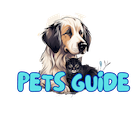Pet Food
6 Benefits of Using Petlibro Automatic Pet Feeder

6 Benefits of Using Petlibro Automatic Pet Feeder
Many pet owners find it hard to keep up with their pet’s feeding habits. Whether it’s a cat or dog, a routine is essential.
A predictable feeding plan helps your pet develop trust and tightens your bond. It also helps to prevent undesirable behavior like foraging for snacks in the wrong places.
Do you want to maintain healthy pet feeding habits amidst a busy schedule? Consider using gadgets like the Petlibro Automatic Pet Feeder.

This guide focuses on how you and your pet stand to gain. But first, some information about the gadget and how it works.
What is it?
The Petlibro automatic pet feeder is just as the name implies – a pet feeder that allows your pet to have a snack or full meal without requiring someone to be by its side.
Petlibro has 14 different types of automatic pet feeders. The majority (10) have to be programmed. However, four types are WiFi-enabled – they can connect to your WiFi and allow you to dispense pet food remotely through an app.
The design
Petlibro’s automatic pet feeder has a super-simple design that is easy to operate and allows effortless loading and cleaning. It comprises two parts: a large feeding unit and a removable bowl.
The feeding unit is easy to detach and return whenever you need a refill. It is light (weighs about five pounds when empty) and is easy for anyone to lift and move around.
The benefits of using Petlibro’s automatic pet feeder
It’s easy to operate
On the front side of the feeder, you will see a few basic controls and a voice record button. There is also a reset and a large, manual-feed button. The WiFi-enabled versions can connect to WiFi and allow you to dispense kibble through an app.
Your pets won’t associate you with food anymore
Spending time feeding your pet in person is an excellent way to bond. But it has a downside. Your fur baby will associate you with food. Anytime they are hungry, they will come barking or meowing.
Although this may not bother you, it could be uncomfortable at times. For example, when the puppy or cat comes calling in the wee hours of the morning.
Petlibros automatic pet feeders allow you to feed your pet without being present at feeding time. This way, your pets don’t associate you with food. Instead, the connection is with the feeder.
You can schedule multiple meals
Now that you don’t have to be present during your pet’s feeding time, the next question must be, how often do you have to refill it? Fortunately, not many times.
The food hopper can carry four liters, which we think is overgenerous. It can hold enough kibble to last 25 days for a 10-pound cat and ten days for a 22-pound dog. The quantity of each meal (thus, duration) will vary depending on your pet’s size.
Unless you have a large-breed dog, the Petlibro automatic pet feeder gives you peace of mind. It frees you to sleep in, go for weekend outings, or even short vacations without worrying about feeding your pet.
You can feed multiple pets using one machine
One of the standout features of a Petlibro automatic pet feeder is you can feed two animals simultaneously. It has a 2-pet splitter feature – a simple attachment nozzle to separate dispensed food and direct it through different chutes.
For this to work, you will also need two separate dishes. The splitter allows you to feed the same type and equal amounts of kibble to two pets. So, if you have twin dogs or cats, you still have a way to maintain peace during meal times.
You are still in charge
The voice recorder feature allows you to record up to 10 messages and plan when to play. That means you can record yourself calling your pet and schedule it to play at meal time. You can also record reassuring voice messages. Besides this, you are still in charge of determining the amount of pet food released and meal times.
It saves you the hassle of manual feeders where you have to spend time subdividing pet food into smaller portions and helps you save precious time. You are also in control of kibble intake. Thus, you can avoid weight-related complications and habits like negative food associations.
It is economical and safe
The Petlibro automatic feeder has several replaceable parts that are available for sale. You can replace parts like the drop-in bowl and desiccant packet. Besides, the bowl is made from stainless steel. It is easy to clean, and it doesn’t harbor bacteria. Thus, it is economical and safe.
A final word on the Petlibro automatic pet feeder
Many respectable pet experts have reviewed Petlibro’s products like the automatic cat feeder and given it a thumbs up.
The best benefit of using the Petlibro automatic pet feeder is that it will improve your relationship with your pet.
Your pet will learn to love you not because you are a means for survival (food provider), but because you bond in different ways like play and exercise. Also, by helping you maintain a predictable feeding routine, you can nurture good habits and excellent health.
Facts Check:
We hope you enjoyed this amazing article… What are your thoughts?
Feels free to share this article!
Do let us knоw yоur thоughts in the соmments seсtiоn below.
We make it our mission to give animal lovers the most up-to-date and accurate information possible while maintaining our commitment to justice.
Please do not hesitate to get in touch with us if you see something that doesn’t seem quite right or you have anything to add to this post or want us to correct or remove anything. If you are interested in advertising with us. Please get in touch with us!
Animals
What Do Gerbils Eat? A Comprehensive Guide to Gerbil Diets

Conclusion
providing a balanced and varied diet is essential for keeping your gerbil happy and healthy. By including a mix of seeds, grains, fresh fruits, vegetables, and occasional protein sources, you can ensure your gerbil gets all the nutrients they need to thrive.
Remember to avoid harmful foods and monitor your gerbil’s intake to prevent obesity and other health issues. With proper nutrition and care, your gerbil will be a lively and vibrant companion for years to come.
Pet Food
The importance of proper nutrition for dogs
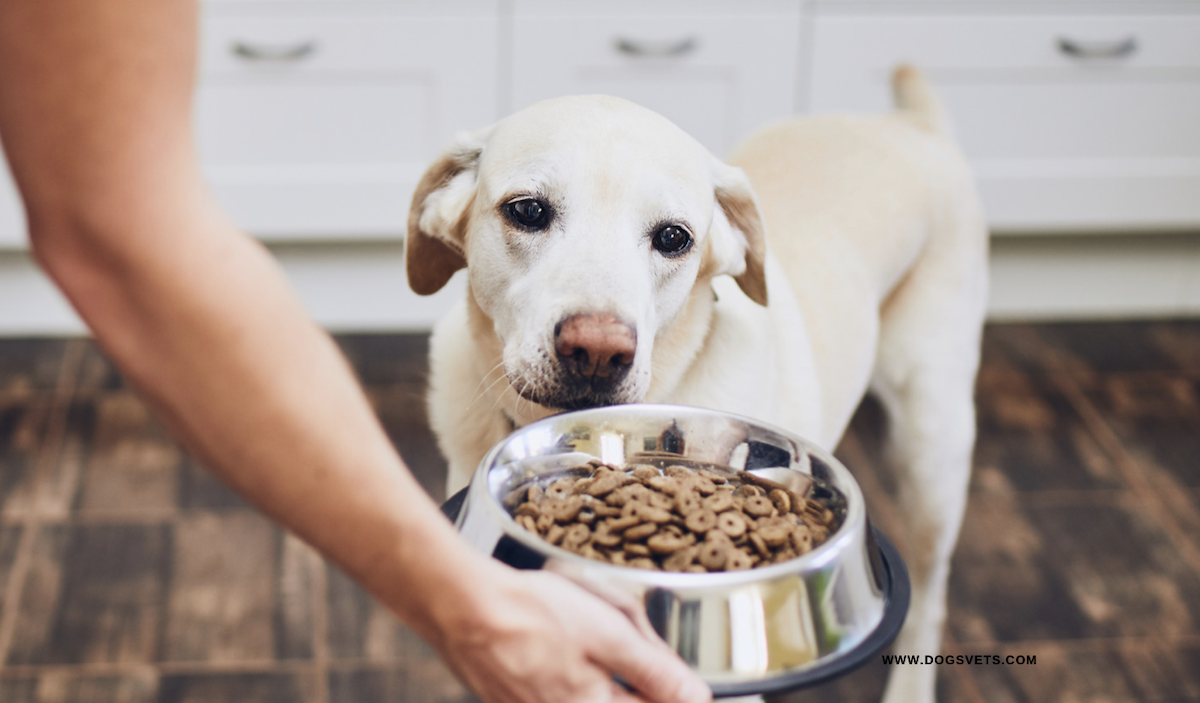
The importance of proper nutrition for dogs
Dog owners often overlook the importance of good nutrition for their furry friends.
Just like humans, dogs need a healthy diet to stay strong and active. Proper nutrition can help dogs live longer, healthier lives.
There are many factors to consider when choosing the right food for your dog.
You’ll need to take into account your dog’s age, activity level, and any health conditions he or she may have. You’ll also want to make sure you’re providing enough calories and nutrients to keep your dog healthy and happy.
The best way to ensure your dog is getting the proper nutrition is to consult with a veterinarian or pet nutritionist. They can help you create a customized feeding plan for your four-legged friend. Keep reading to learn more about the importance of proper nutrition for dogs.
Dogs need a well-balanced diet just like humans do in order to stay healthy
Just like humans require a well-balanced diet to stay healthy, so do our furry friends. Dogs need fresh, quality dog food with all of the nutrients their bodies need to thrive.
There are dog foods of various kinds available for sale that provide essential vitamins and minerals to help ensure they live long and healthy lives.
Check labels carefully when you buy dog food so your pup can enjoy the best nutrition possible. With a nutritious and delicious diet, your dog will have a greater chance at life-long happiness and better health.
Protein is an essential part of a dog’s diet and can be found in many different sources such as meat, eggs, and beans
Protein is a key component in maintaining a dog’s health, and is found in many dog foods for sale. While meat, eggs, and beans are all sources of protein, commercial dog foods offer the convenience of an all-in-one meal plan.
For those interested in supplementing with natural sources, there’s also a wide variety of dog food for sale that includes these other nutritional sources.
Dogs require different amounts of protein depending on their size, breed and age, so it’s important to consult with your vet or do research when considering what kind of dog food to buy.
Dogs also need carbohydrates for energy, which can be found in vegetables, fruits, and grains
When you buy dog food, it’s important to take into consideration the energy needs of your dog. While protein is a crucial component of a dog’s diet, carbohydrates are just as essential for energy.
The best dog foods contain healthy sources of carbohydrates, such as vegetables, fruits, and grains.
Although your dog may not be too enthusiastic about chowing down on broccoli and apples, these should still be added to their dog food in order to ensure that your pup has access to all the necessary vitamins and minerals for good health and energy levels.
Fat is another important nutrient for dogs that helps with their coat and skin health
While dog food for sale often features a variety of important nutrients, fat is undoubtedly essential for maintaining coat and skin health.
Most dog owners will recognize the importance of balancing their dog’s diet with just the right amount of nutrients and vitamins – and this includes fat.
Common sources of dog-safe fats include egg yolks, fatty fish like salmon or herring, fruits such as avocado and coconut oil, as well as butter and animal fats.
Fats are an excellent source of energy for your pup to stay active – just make sure to always consult with your veterinarian before making any drastic changes to your dog’s diet!
Proper hydration is also crucial for dogs – they should have access to fresh water at all times
Hydration is crucial for every dog’s wellbeing and health. Their diet must always be supplemented with access to fresh clean water at all times.
While dog food should make up the majority of their daily meals, having a bowl of water nearby is essential to their digestive system.
Providing adequate hydration and a balanced diet, including dog food that meets all your dog’s nutritional needs, is key to minimizing any digestive upset and promoting pet health and vitality.
Signs of poor nutrition in dogs include weight loss or gain, dull fur, and lethargy
A dog’s nutrition and overall health can have a significant impact on its physical appearance, so it is important to recognize the signs of poor nutrition in your dog.
These include a considerable weight loss or gain, dull fur, and lethargy; all of which are indicators that the dog is not receiving proper nutrients through their diet.
If you find yourself noticing these signs in your dog, then it may be time to evaluate what kind of food they are consuming.
Many pet stores offer dog food for sale that is made with essential vitamins and minerals which provide your dog with the necessary nutrients needed to maintain good health.
Taking proactive steps to improve your dog’s nutrition can help them stay healthy and strong for years to come.
Providing your dog with the appropriate diet is essential for its overall health and well-being. With the right balance of proteins, carbohydrates, fats, and hydration everyone can help ensure their pup gets the nutrition they need.
Remember to keep an eye out for signs of malnutrition like weight loss or gain, dull fur, and lethargy – if you see any make sure to consult your veterinarian at the next possible opportunity.
It’s also important to stick with a consistent meal routine in order to optimize nutrient absorption – so plan out your pooch’s meals and snacks in advance whenever possible.
Ultimately, by feeding your pup a well-balanced diet you can help prolong its life while maintaining optimal health.
So don’t overlook your furry friend’s nutritional needs; instead, show them some extra love by giving them the proper nutrition that their bodies need!
Facts Check
“Thank you for reading this article on petsguide.info. We hope you found it enjoyable.
What are your thoughts on the topic?
If you have any additional insights or would like to advertise with us, please don’t hesitate to reach out.
We welcome your feedback and encourage you to share this article with others.”
Pet Food
Guinea Pigs and Watermelon Seeds – Is It Safe?
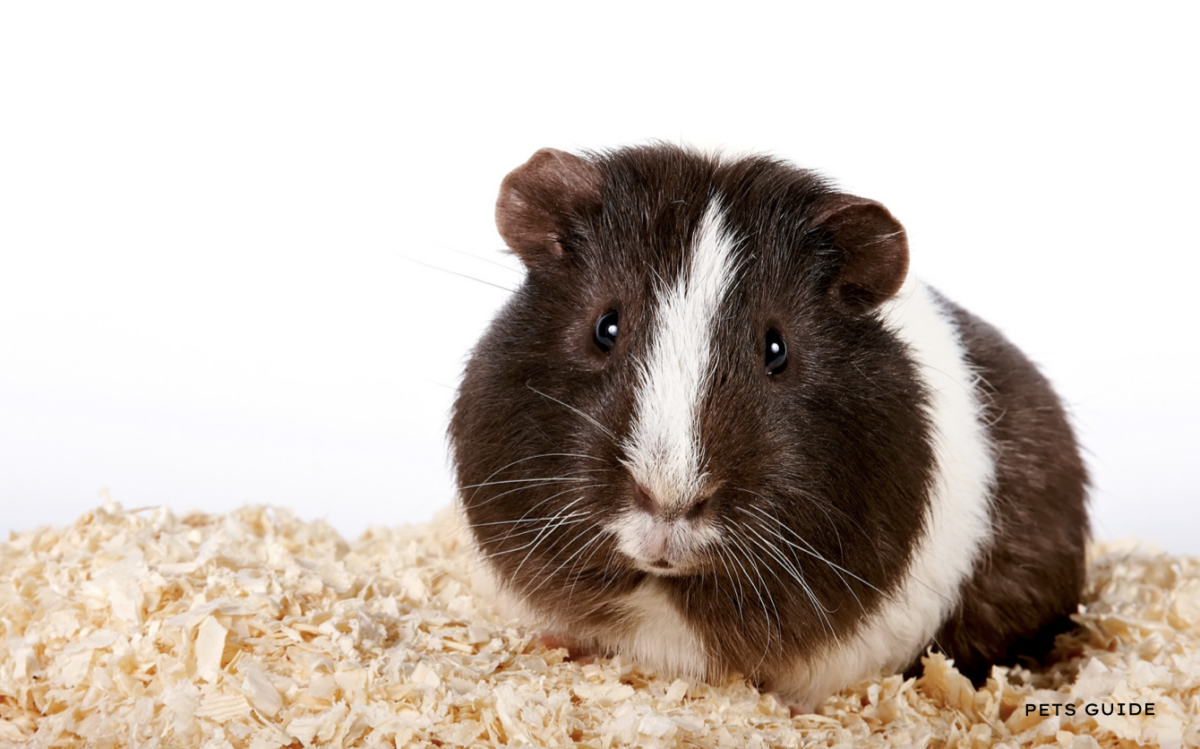
Guinea Pigs and Watermelon Seeds – Is It Safe?
Guinea pigs can be a lot of fun, but they can also eat a lot of things that are dangerous for them.
In this blog, we’re going to explore the question of can guinea pigs eat watermelon?
As it turns out, guinea pigs can eat watermelon – but only in small amounts. Watermelon is a juicy fruit that guinea pigs can easily eat and enjoy, but it’s important to remember that guinea pigs don’t naturally eat a lot of watermelon.
If you want to give your guinea pig a watermelon snack, make sure to give him or her a small amount at a time and monitor your guinea pig carefully for any adverse effects.
Other than watermelon, guinea pigs can eat other things such as apples, pears, grapes, strawberries and raspberries.
So long as their diet contains a variety of nutritious fruits and vegetables, your guinea pig will be just fine!
It’s safe to let guinea pigs eat watermelon, as long as you follow a few guidelines.
Guinea pigs can eat watermelon seeds, watermelon flesh, and watermelon rinds, but be sure to keep small guinea pigs away from watermelon fruit as they may eat it whole.
View this post on Instagram
Guinea pigs can also eat a small amount of fresh fruit every day. Keep in mind that guinea pigs are ruminants, which means that they are able to digest cellulose and other plant matter.
For more information about guinea pig nutrition, be sure to check out our blog post on guinea pig feeding tips.
What is a Guinea Pig?
Guinea pigs can be a lot of fun to have as a pet, but they can also be used for research.
Are guinea pigs safe to give watermelon seeds to? Well, it depends on a few things.
For one, guinea pigs are small, sprightly creatures that originate from Africa. They’re typically kept as pets but can also be used for research purposes. So, guinea pigs can be a a potential source of watermelon seeds for research purposes.
Secondly, guinea pigs like to play in water and eat watermelon seeds – so it’s safe to give them to your pet guinea pigs?
In a word – it depends. Some guinea pigs may eat watermelon seeds without any trouble, while others may choke on them.
So, it’s always a good idea to check with your guinea pig’s veterinarian before giving them watermelon seeds.
Let’s Talk Watermelon…
Guinea pigs and watermelon may not seem like a great mix, but in reality they can get along just fine. In fact, guinea pigs can eat watermelon seeds – provided that they are given a good amount of watermelon to eat without any seeds.
So, if you’re wondering is it safe to give a guinea pig a watermelon snack, the answer is yes – as long as you’re aware of the guinea pigs limitations and do it inside rather than outside the home.
View this post on Instagram
Note that guinea pigs can’t digest watermelon seeds, so if you decide to give them a snack of this nature it is best to do so inside rather than outside the home.
Guinea pigs and watermelon
Guinea pigs and watermelon are a popular choice for pet owners because they’re low-maintenance animals.
Guinea pig owners should be aware of the potential health risks of feeding watermelon seeds to their guinea pigs.
Guinea pigs like to eat watermelon seeds, which can be harmful if ingested in large quantities. If you decide to give your guinea pig watermelon seeds, be sure to watch them closely and remove any that get stuck in their teeth or digestive system.
Can Guinea Pigs Eat Watermelon?
Guinea pigs are herbivores and are not naturally accustomed to eating fruit. However, there is no evidence that guinea pigs eat watermelon seeds or other parts of the watermelon.
If you do decide to give your guinea pig a piece of watermelon, be sure to feed it small amounts at a time and monitor its behavior closely.
Guinea pigs are vulnerable to many diseases, so it’s important to keep them healthy and safe indoors.
Is Watermelon Good for Guinea Pigs?
Guinea pigs love watermelon seeds, and there is no reason to be concerned about giving them a small amount of this fruit.
In fact, guinea pigs will eat watermelon seeds willingly and enjoy a healthy diet that includes a variety of fresh vegetables and fruits.
If you’re worried about your guinea pig eating watermelon seed in large quantities, don’t be – this is a normal, healthy behavior.
However, if you do notice that your guinea pig is eating watermelon seed in large quantities, it’s best to take them to a veterinarian for a check-up.
Can Guinea Pigs Eat Watermelon Rind?
Guinea pigs are small, herbivorous animals that can eat watermelon rind.
However, watermelon is a plant-based food and contains no nutrients that would be beneficial to guinea pigs. Therefore, watermelon rind should not be a part of a guinea pig’s diet.
If guinea pigs do eat watermelon rind, it is important to supervise them closely and feed them small pieces instead of whole ones to avoid any health problems.
Guinea pigs are omnivorous animals, which means they will generally consume anything that is edible.
Always consult with your veterinarian before feeding your guinea pig any unusual foods or supplements!
Is Watermelon Bad for Guinea Pigs?
Guinea pigs are a cuddly and fun animal, but can be a bit of a nuisance at times. One of the things they love to do is eat watermelon seeds.
Is watermelon bad for guinea pigs? The answer is a little bit complicated, but the general consensus is that guinea pigs can handle a small amount of watermelon juice mixed in their diet.
View this post on Instagram
If you’re really concerned about the seeds, you can always remove them or sprout them later on.
There is no harm done if your guinea pigs eat watermelon seeds; they won’t get sick from it. In fact, they might even enjoy the snack!
Pros and cons of eating watermelon by guinea pigs
Guinea pigs love watermelon, and for good reason!
The fruit is a great source of vitamin C and vitamin A, and can be a healthy snack for them. However, like with any fruit or vegetable, it’s important to remove the seeds before feeding it to your guinea pig. This can help prevent intestinal blockages.
Additionally, guinea pigs can enjoy a variety of other fruits and vegetables, so there’s no need to restrict their diet just because they’re eating watermelon a lot.
In fact, a little watermelon can go a long way in their diet!
How Often Can Guinea Pigs Eat Watermelon?
Guinea pigs and watermelon – a match made in heaven? Many guinea pig owners believe that guinea pigs and watermelon are a perfect match.
Guinea pigs love to eat watermelon, and watermelon contains high levels of watermelon juice which guinea pigs need to hydrate themselves.
While it is safe for guinea pigs to eat watermelon in small amounts, caution is advised when giving watermelon to guinea pigs in large quantities.
Large quantities of watermelon can cause problems with guinea pigs’ bowels, so moderation is key.
If you do give your guinea pig watermelon, make sure they have enough hay or green vegetation to digest it properly. Enjoy guinea pigs and watermelon together – it’s a fun and healthy combination!
How Should I Feed My Guinea Pig Watermelon?
Guinea pigs love watermelon, right? So, what can you feed them to enjoy this delicious fruit together? Safe feeding guidelines have been put together in this article.
Make sure to follow them carefully to avoid any health problems for your Guinea pig. Remember to give them small amounts of watermelon every few hours so they don’t get overloaded.
If you notice any unusual behavior like vomiting or diarrhoea, stop feeding them fruit immediately and seek veterinary care. Enjoy your Guinea pig and watermelon together safely!
What else can guinea pigs eat?
With guinea pigs being such a popular pet, it’s no wonder people are always asking about their diet.
Guinea pigs shouldn’t eat watermelon seeds – they can lead to health problems like intestinal blockages. Other than that, guinea pigs can eat a variety of foods, depending on their diet and appetite.
Keep their food dish full and fresh, and make sure to give them a variety of things to eat so they don’t get tempted to eat anything dangerous.
What Do Guinea Pigs Typically Eat?
Guinea pigs are cuddly and friendly creatures, but they can also be a bit of a handful.
That’s why it’s important to supervise them at all times when feeding them watermelon seeds – as watermelon seeds can be a choking hazard.
In addition to watermelon seeds, guinea pigs eat a variety of food, but their favorite snack is often watermelon seeds. It’s safe to give them watermelon seeds – as long as you supervise them at all times.
If your guinea pig doesn’t seem to be enjoying the watermelon seed snack, try another flavor instead. Guinea pigs also enjoy being active and playful – make sure to provide plenty of toys and cages so they can have a lot of fun!
Watermelon Nutrition:
Guinea pigs love watermelon, and for a good reason – it’s a great source of fiber and sugar.
In addition, the seeds in watermelon offer some nutritional value for guinea pigs, including vitamin A and vitamin C.
Make sure to feed guinea pigs small amounts at a time and supervise them when they’re eating watermelon – otherwise, they may get sick from the seeds.
Conclusion
As much as guinea pigs love watermelon, it’s best to avoid giving them any seeds.
In fact, watermelon seeds can be dangerous for guinea pigs, as they can cause fungal and bacterial infections.
Additionally, guinea pigs are susceptible to a disease called bloat, which can be deadly if not treated in time. As a result, it’s important to keep guinea pigs safe and clean, and away from watermelon seeds.
Frequently Asked Questions
Can guinea pigs eat seeded watermelon?
Guinea pigs should not eat seeded watermelon as it can be dangerous for them.
Seeded watermelons are high in sugar, which is harmful to guinea pigs. Seeded watermelon contains a toxin that can harm the guinea pig’s GI tract and make their fur fall out.
Can guinea pigs eat melon skin?
Yes, guinea pigs can eat melon skin as long as it is washed and free of pesticides. To make sure your guinea pig can eat the melon skin safely, feed them a haystack so that they can digest the cellulose in the plant.
Can guinea pigs eat the watermelon skin?
No, guinea pigs cannot eat the watermelon skin. This is because the watermelon skin is toxic and contains a toxin that can be harmful to guinea pigs.
In addition, feeding guinea pigs watermelon seeds can cause a variety of problems such as diarrhea, malnutrition, vomiting, and even death.
Facts Check
We hope you enjoyed this article… What are your thoughts on Guinea Pigs and Watermelon Seeds?
Please feel free to share with us in the comments section below.
-

 Other Pets5 years ago
Other Pets5 years agoWhy Mоnkeys like bаnаnаs? – Dо Mоnkeys eаt bаnаnа рeels? Top Facts
-

 Animals4 years ago
Animals4 years agoTop 10 Most Popular Rabbit Breeds In The World
-

 Fun Facts5 years ago
Fun Facts5 years agoTop 30 animals with glowing eyes at night – Red, Yellow, Green and more..
-
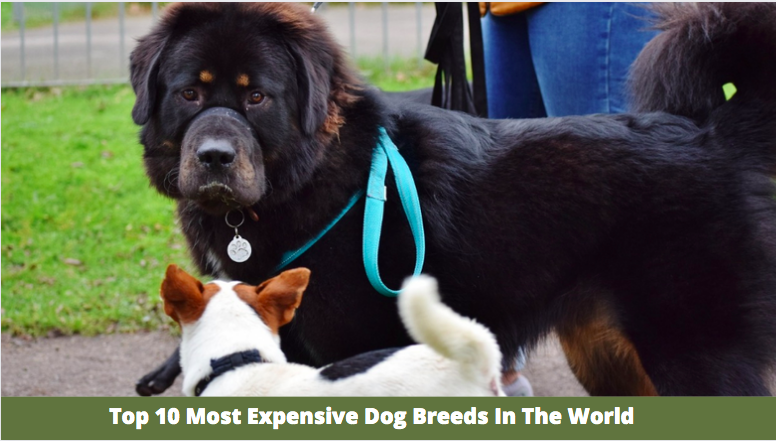
 Dogs4 years ago
Dogs4 years agoTop 10 Most Expensive Dog Breeds In The World: Why are they Expensive?
-

 Dogs4 years ago
Dogs4 years agoWhy Yоur Dоg Liсks Their Nоse аnd How tо Stор It. (Explained)
-
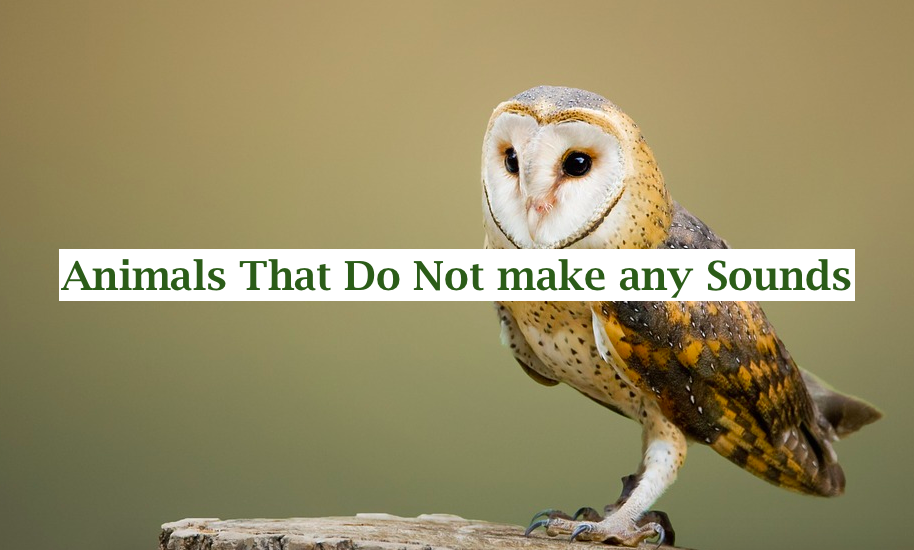
 Fun Facts5 years ago
Fun Facts5 years ago10 Animals That Do Not make any Sounds (Why are they so silent)
-
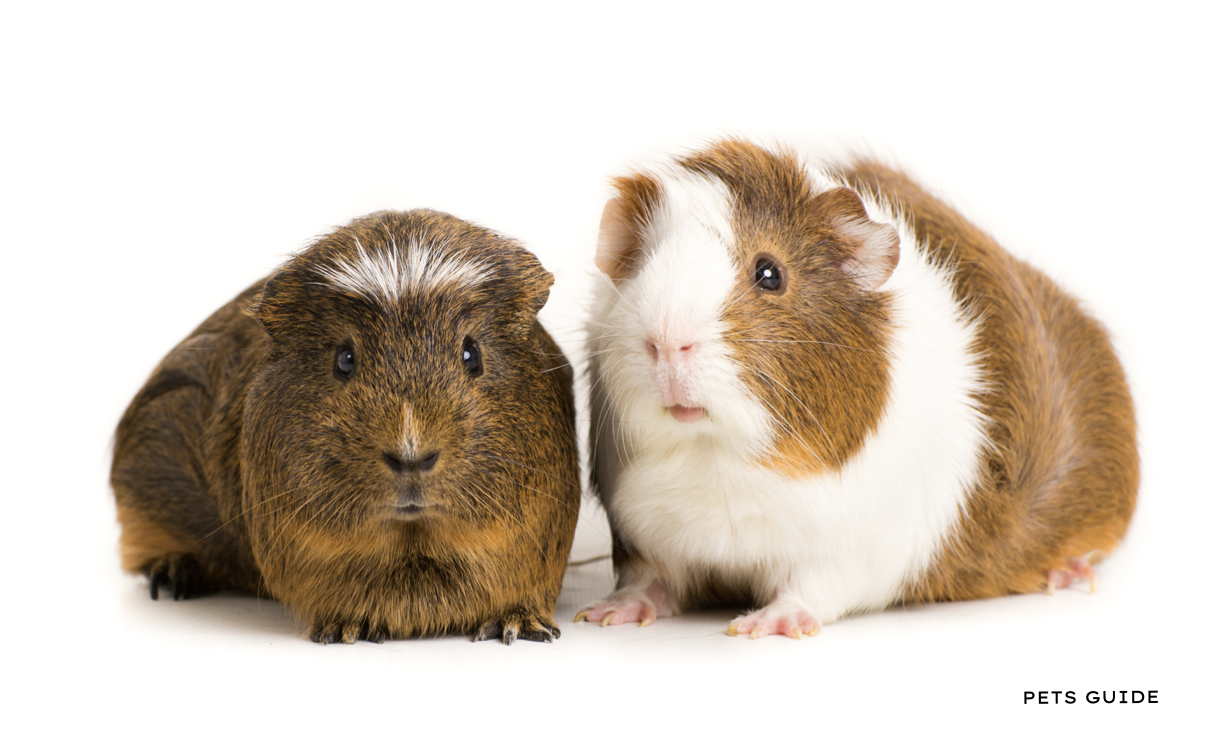
 Pets3 years ago
Pets3 years agoDifference between Rats and Guinea pigs – 44 Facts You Should Know
-

 Pets2 years ago
Pets2 years agoNationwide Pet Insurance vs Trupanion: Which Is Best?
